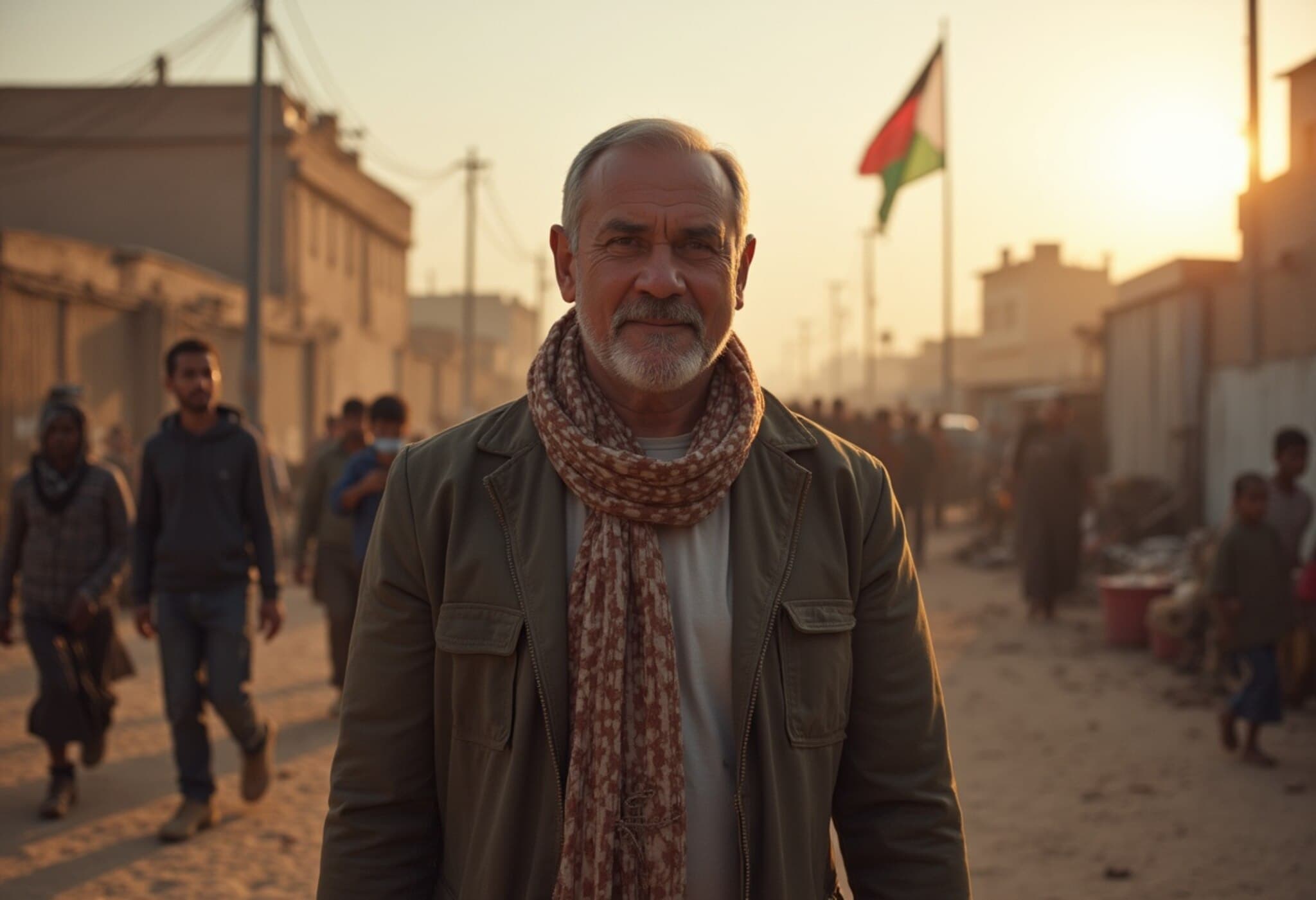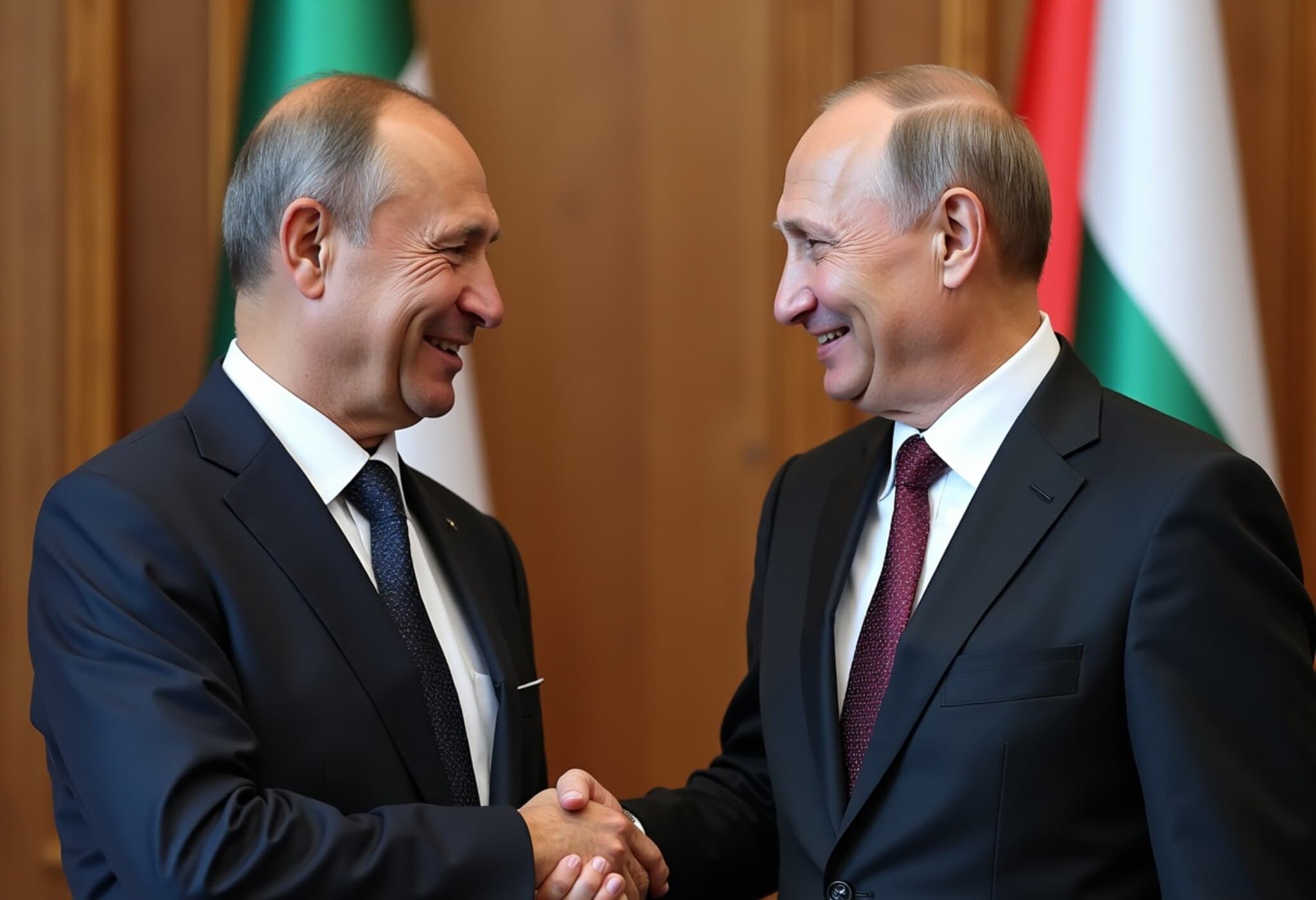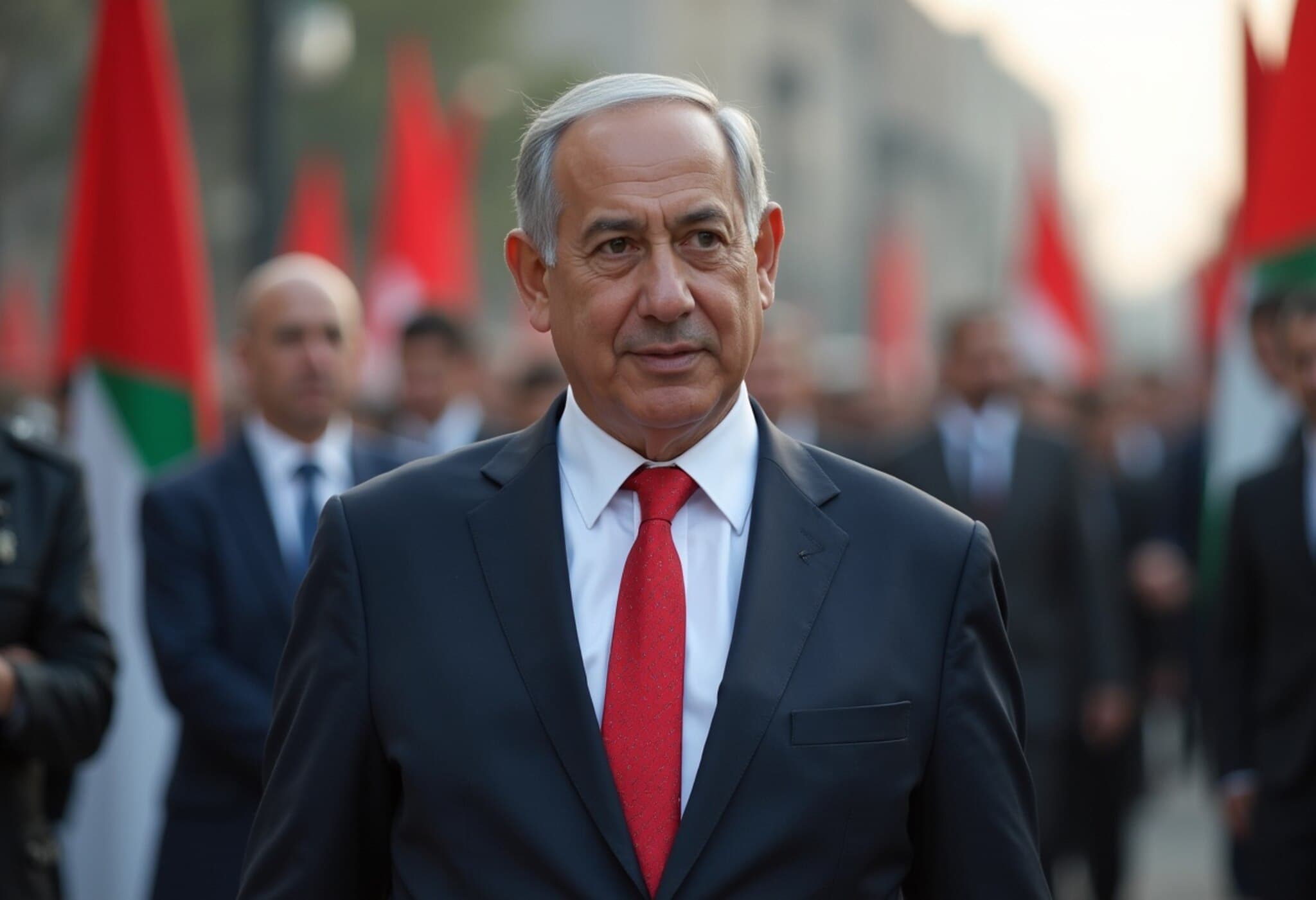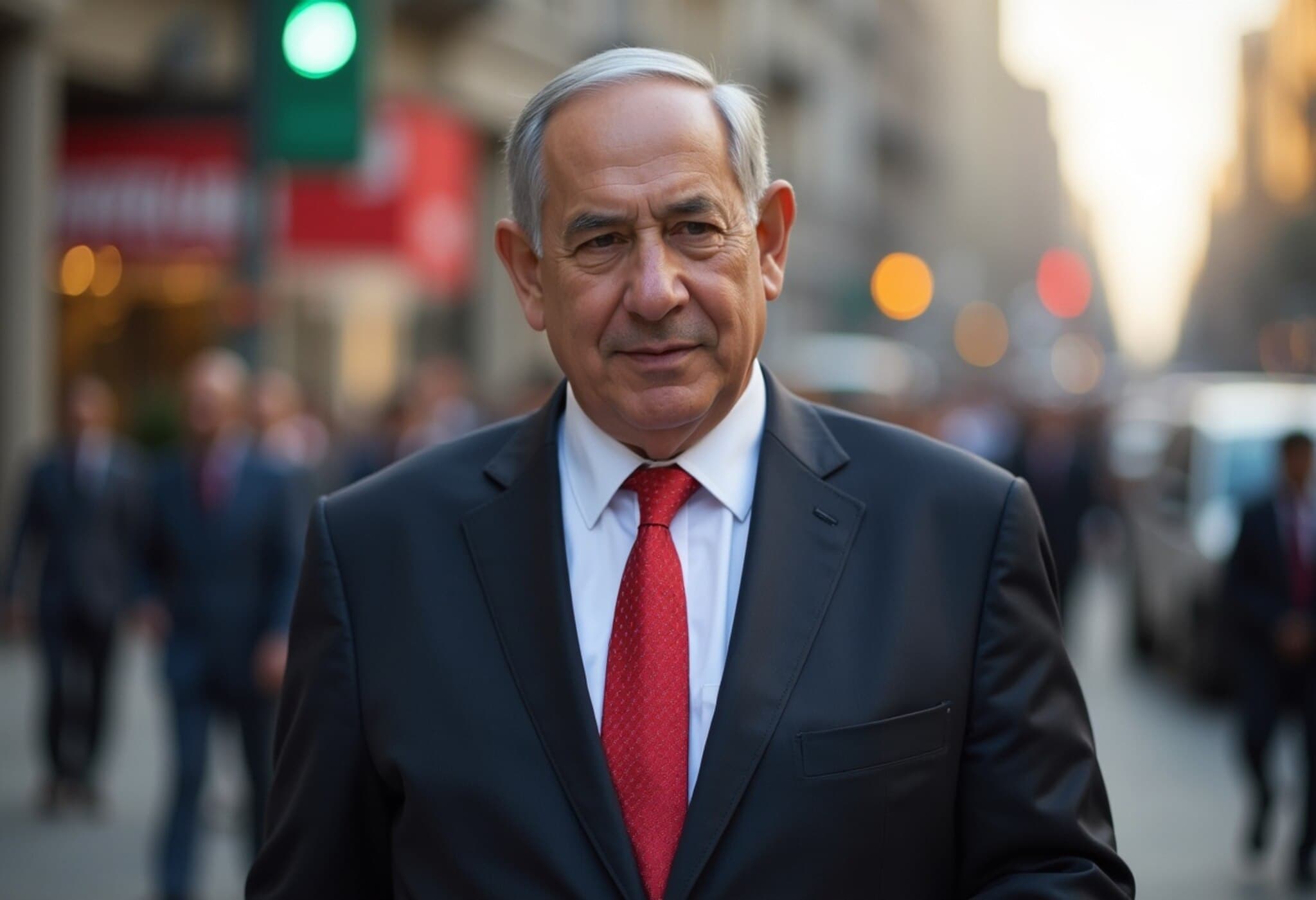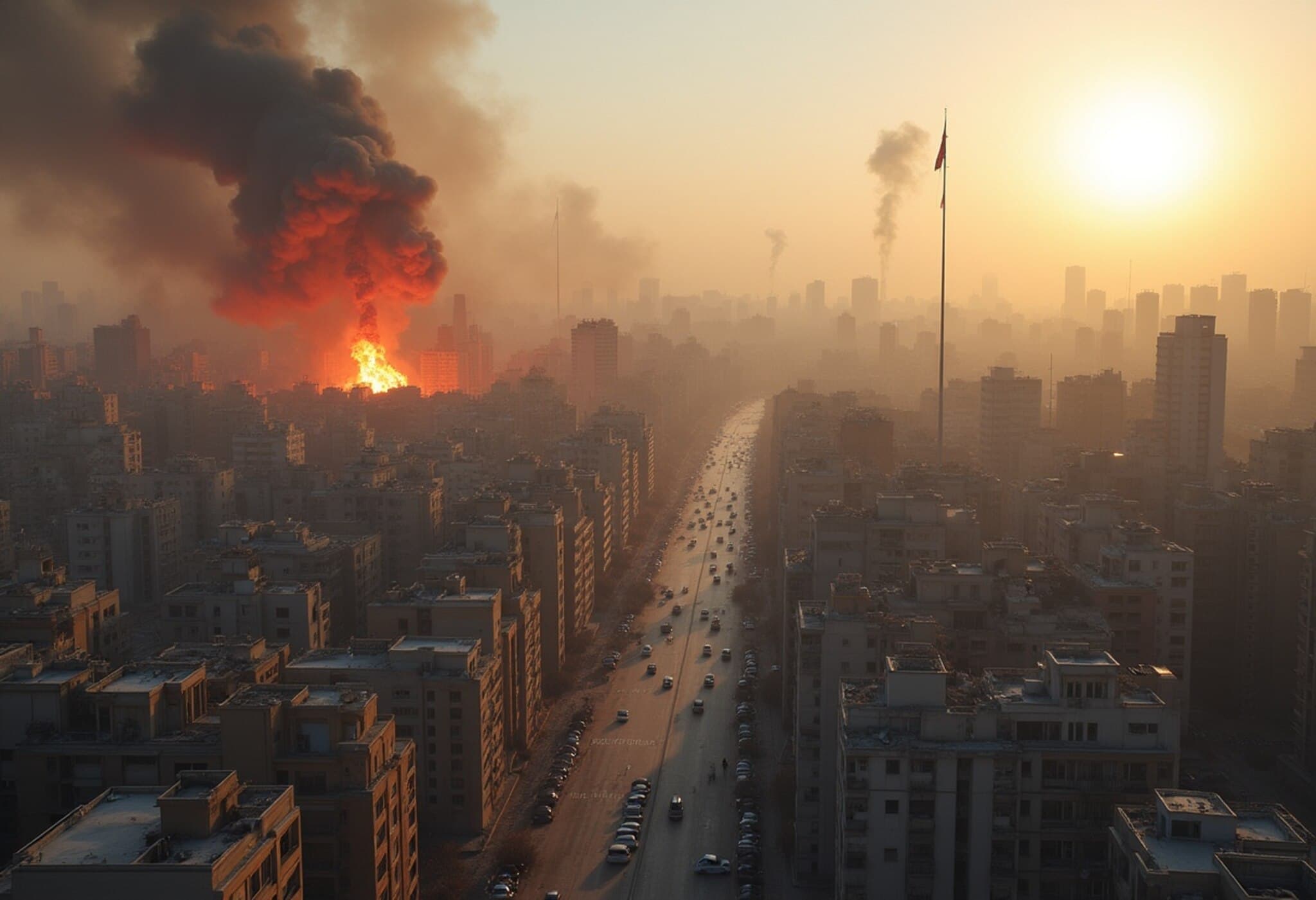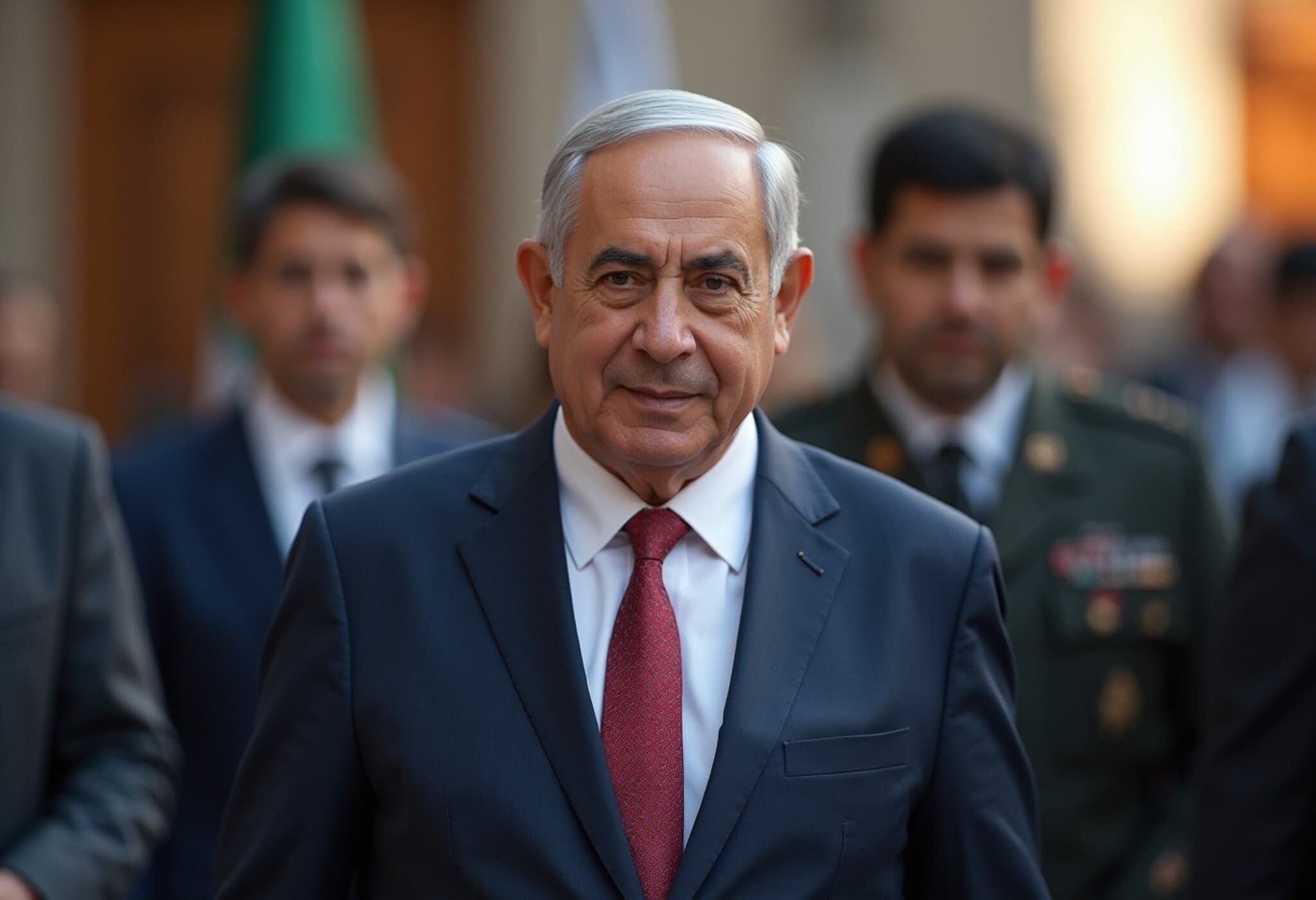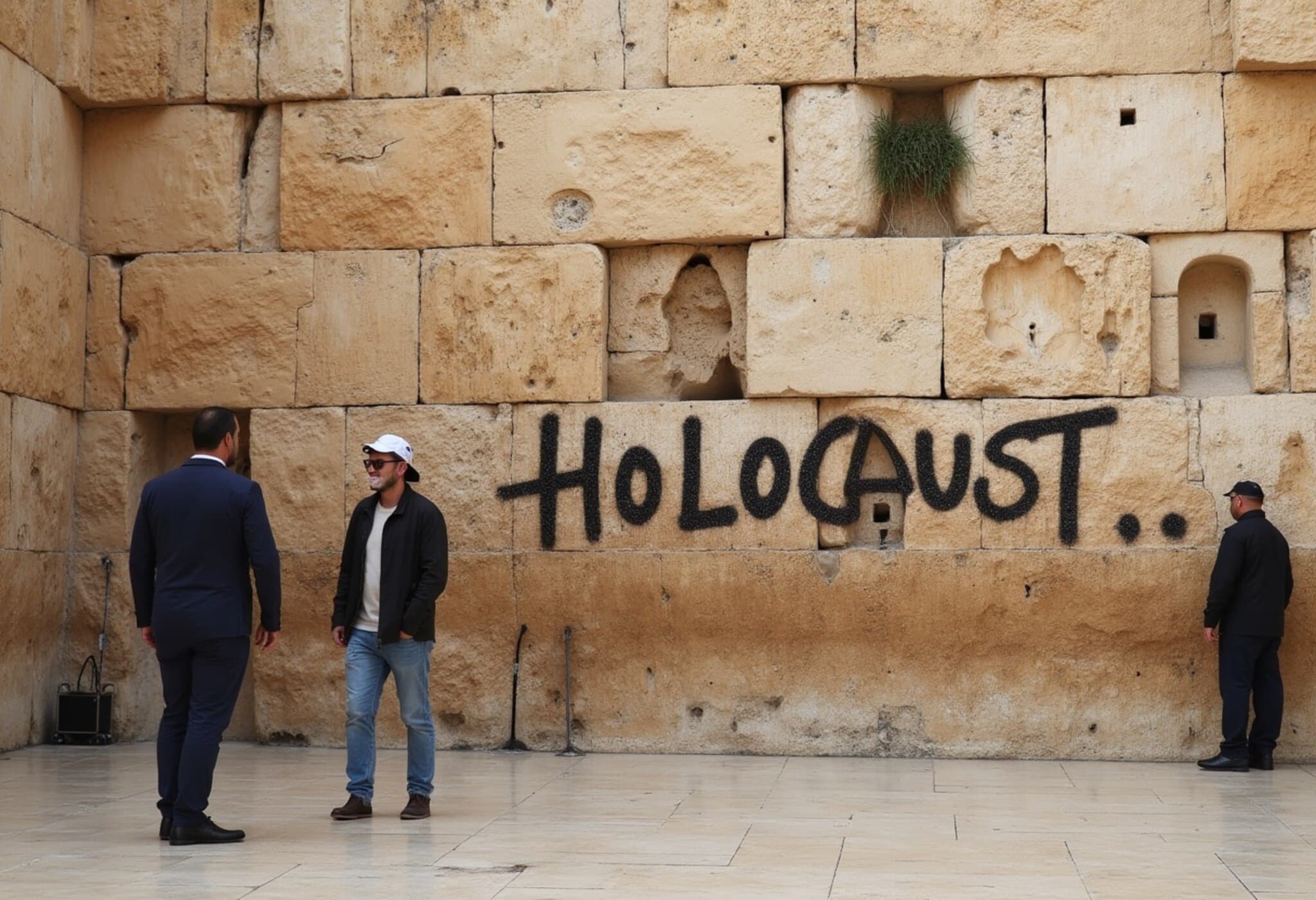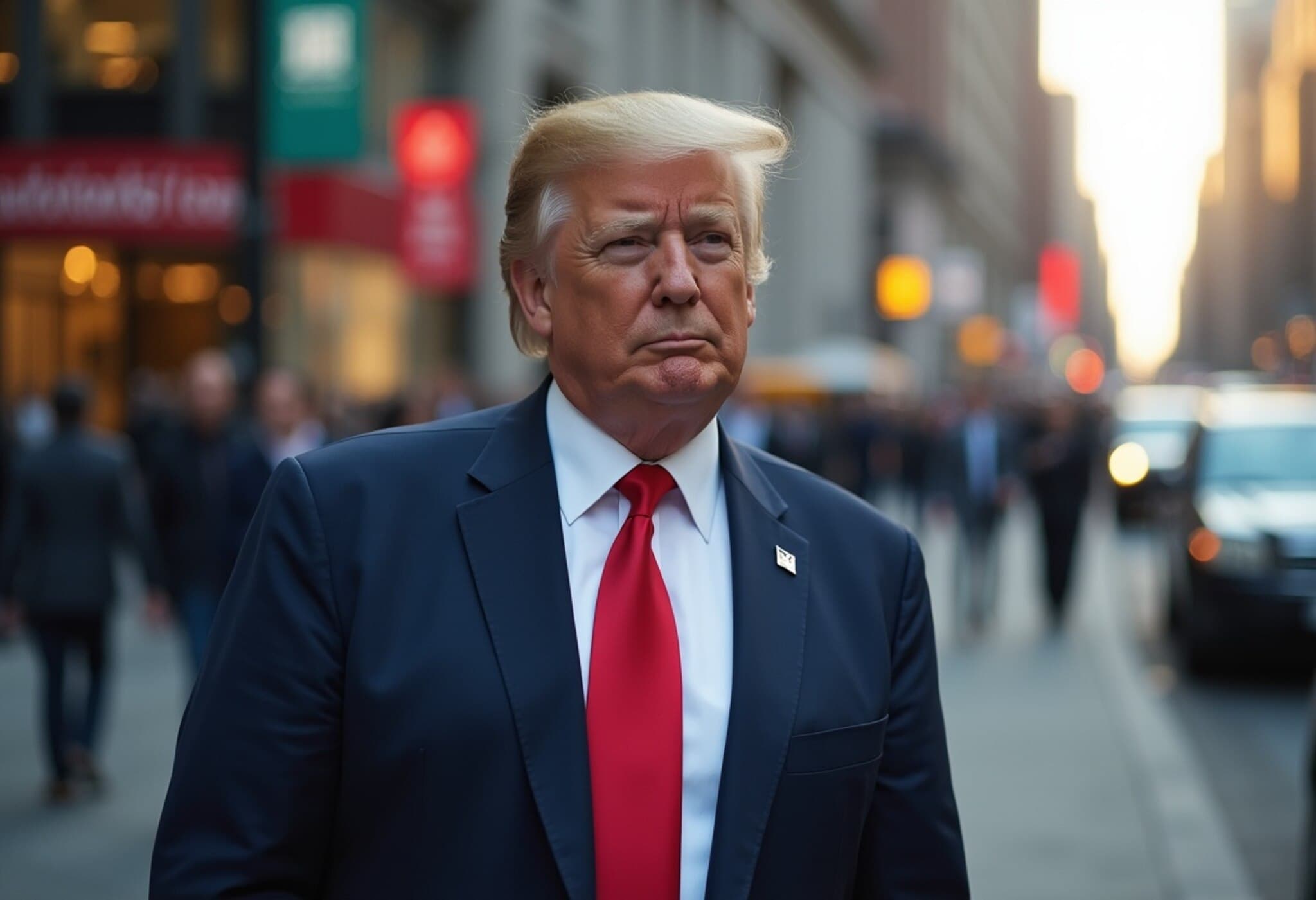Far-Right Israeli Minister Itamar Ben-Gvir’s Controversial Visit to Al-Aqsa Mosque Compound
In a move that has reignited tensions surrounding one of the Middle East’s most sensitive religious sites, Israel’s National Security Minister, Itamar Ben-Gvir, visited the Al-Aqsa mosque compound in Jerusalem’s Old City on Sunday, August 3, 2025. Notably, Ben-Gvir, a far-right political figure known for his provocative stance, declared that he prayed at the site—challenging long-established rules governing access and worship at the compound.
Understanding the Status Quo: A Delicate Balance at Al-Aqsa
The Al-Aqsa mosque compound, revered as Islam's third holiest site and Judaism’s holiest site (known as the Temple Mount to Jews), is administered under a fragile "status quo" arrangement dating back several decades. This arrangement places the administration of the site in the hands of the Jordanian Waqf, a Muslim religious authority, while allowing non-Muslims to visit but strictly prohibiting them from praying there.
Ben-Gvir’s act of praying at the compound directly challenges this sensitive framework, which has historically helped to maintain a tenuous peace in the region. Violations or perceived changes to this agreement have often sparked violent outbreaks and widespread political backlash, both locally and internationally.
The Visit on Tisha B’Av: Symbolism and Timing
The timing of Ben-Gvir’s visit carries deep symbolism. It took place on Tisha B’Av, a solemn Jewish fast day commemorating the destruction of the First and Second Jewish Temples, which once stood at this very site. By choosing this day, Ben-Gvir underscored his nationalist message and intentions, stirring further controversy.
Video Evidence and Public Reactions
Videos released by the Temple Mount Administration, a small Jewish organization, showed Ben-Gvir leading a group through the compound. Additional clips circulating online appeared to capture Ben-Gvir praying at the site, though independent verification of these videos remains pending.
The Waqf reported that approximately 1,250 visitors ascended the site during the day, describing some as praying, shouting, and dancing—a characterization that Palestinian officials condemned as provocative.
Political Fallout and Regional Concerns
Israel officially upholds the status quo, with the government reiterating that non-Muslims are not permitted to pray at Al-Aqsa. Prime Minister Benjamin Netanyahu distanced his office from Ben-Gvir’s actions, which some describe as undermining government policy.
Ben-Gvir, however, used the visit to publicly voice support for Israel’s military operation in Gaza and called for an uncompromising stance against Hamas militants—highlighting his broader political agenda.
Palestinian Authority spokesman Nabil Abu Rudeineh condemned the visit as “crossing all red lines,” charging that such provocations escalate tensions dangerously. He urged the international community, particularly the United States, to intervene immediately to quell settler provocations, halt the Gaza conflict, and facilitate humanitarian aid into the region.
Why This Matters: Historical and Geopolitical Implications
The Al-Aqsa compound's status epitomizes complex Jerusalem politics, where religious identity and nationalist claims intersect sharply. Actions perceived as attempts to alter the site’s delicate religious status can destabilize an already volatile peace process, risking spillovers of violence and wider conflict.
In the context of ongoing conflict in Gaza and broader Israeli-Palestinian tensions, Ben-Gvir’s visit highlights the potential for religious and political symbolism to inflame deeply entrenched grievances.
What’s Next: Monitoring Developments and International Responses
- International Diplomacy: How will key players like the United States, Jordan, and other global stakeholders respond to potential escalations related to site access?
- Ben-Gvir’s Influence: Will this visit embolden other far-right politicians to challenge the status quo at sensitive religious sites?
- On-the-Ground Stability: Will the fragile peace around Al-Aqsa hold, or could this trigger renewed violence?
Editor’s Note
Ben-Gvir’s act of praying at Al-Aqsa goes beyond mere symbolism; it is a stark reminder of the ongoing, fraught contest over Jerusalem’s holy sites that stand at the heart of Israeli-Palestinian conflict. This episode underscores the urgent need for diplomatic nuance and respect for established agreements to prevent further unrest. For readers tuning into the geopolitics of Jerusalem, the question remains: will these provocations harden divisions or prompt renewed dialogue for coexistence?


